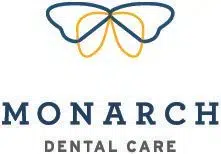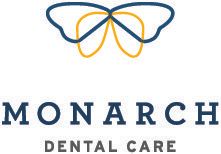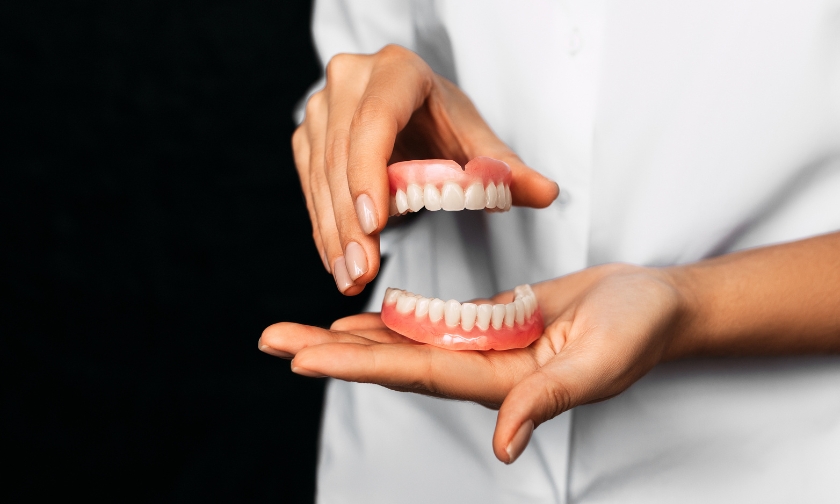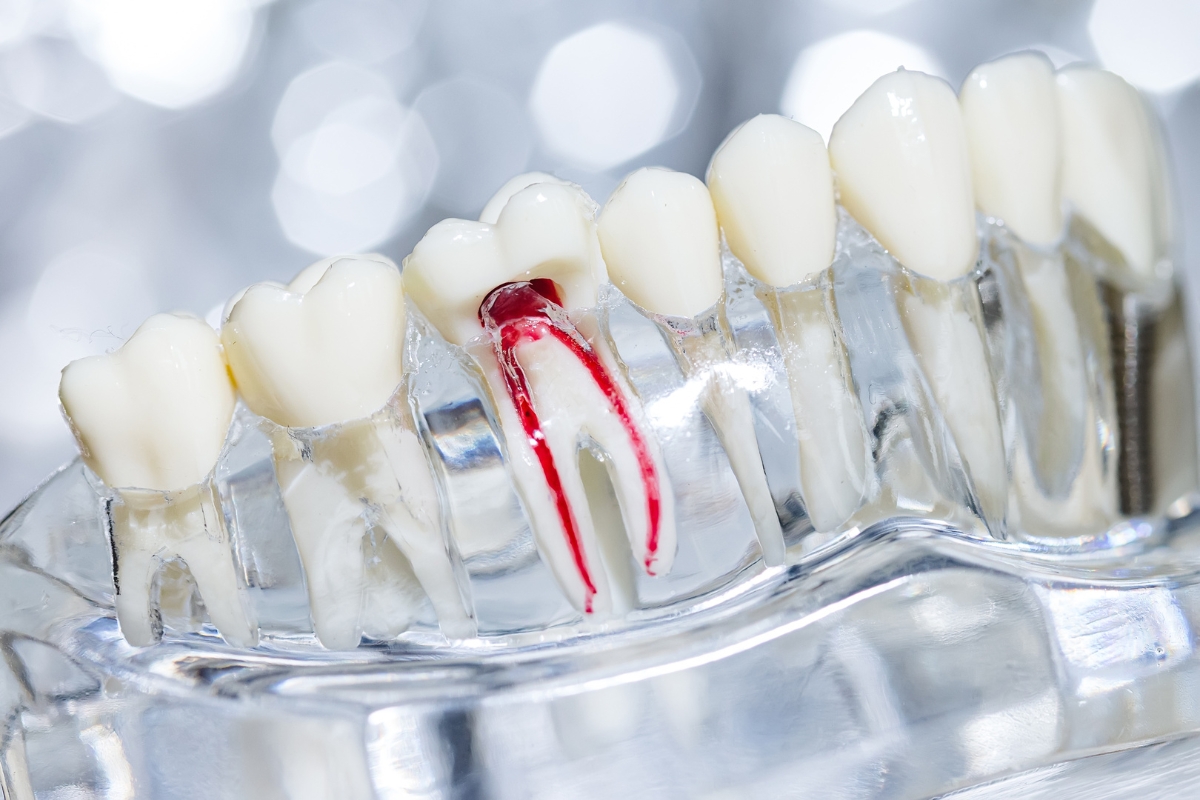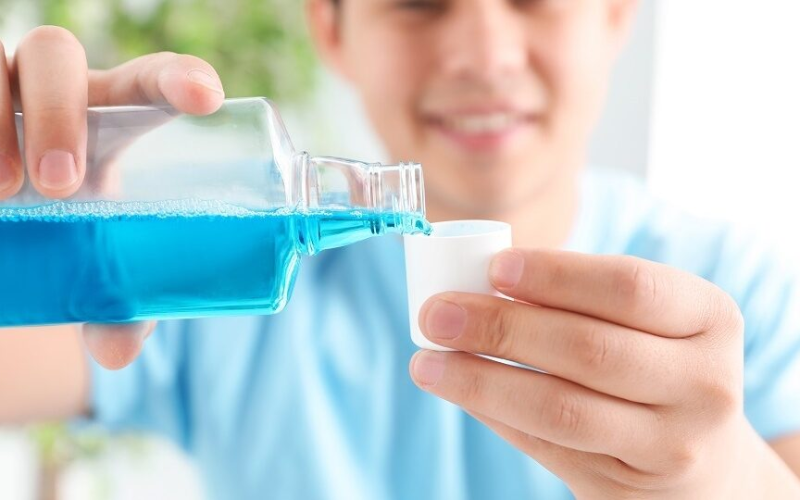
Is mouthwash an essential step in oral care? Some people firmly believe in it, while others question whether it’s really required. Despite the countless options, brushing and flossing are still necessary. Finding the right answer is possible by being aware of the benefits, drawbacks, and ideal tooth kinds. Explore this blog about mouthwash to see if it deserves a place in your regular regimen.
Benefits of Using Mouthwash
Adding it to your oral hygiene regimen might be quite beneficial.
- Antiseptic ones clean dangerous germs that lead to gum disease and cavities.
- Its minty formulations cover the offensive smell and freshen your breath instantly.
- Some mouthwash formulations include components that slow down the development of plaque. It explains why dentist in Prairie Village suggest using it.
- It has the ability to reach places that brushing and flossing miss.
- Anti-inflammatory components found in many therapeutic mouthwashes support gum health.
Some Drawbacks of Using It
- Harsh on Gums: Mouthwash with alcohol can irritate and dry up the gums.
- Not a Replacement: Unlike brushing and flossing, it does not remove plaque.
- Oral Microbiome Disruption: Both beneficial & harmful germs are killed by overuse.
- Temporary Fix: Covers up foul breath without addressing the root problem.
Over 50% of Americans use mouthwash, yet only a small fraction appropriately use it as part of a comprehensive oral care routine, according to the American Dental Association (ADA).
Mouthwashes for Various Requirements
Not all of them are same. Below is a summary of the top choices:
1. Antiseptic Mouthwash (Best for Bacteria & Gum Health)
- Contains ingredients like chlorhexidine or cetylpyridinium chloride to kill bacteria.
- Helps reduce gum inflammation and prevent infections.
2. Fluoride Mouthwash (Best for Cavity Prevention)
- Strengthens enamel and helps prevent tooth decay.
- Ideal for those prone to cavities or wearing braces.
3. Alcohol-Free Mouthwash (Best for Sensitive Mouths)
- A gentler alternative to traditional ones.
- Helps maintain moisture and prevent irritation.
4. Cosmetic Mouthwash (Best for Fresh Breath)
- Primarily used for temporary breath freshening.
- Does not provide therapeutic benefits.
5. Natural Mouthwash (Best for Chemical-Free Oral Care)
- Uses herbal and plant-based ingredients like tea tree oil and aloe vera.
- A good option for those avoiding artificial additives.
So, Is Mouthwash Actually Required?
The answer depends on your oral health needs. While mouthwash isn’t essential, it can be a useful addition when used correctly. If you struggle with cavities, gum disease, or bad breath, choosing the right type can provide extra protection.
It can be a helpful tool, but it’s not a magic fix. If you decide to use it, pick a type that suits your needs and pair it with brushing, flossing, and regular dental visits for the best results. Whether you use it daily or occasionally, the key is maintaining a complete oral care routine to keep your smile healthy and fresh.
